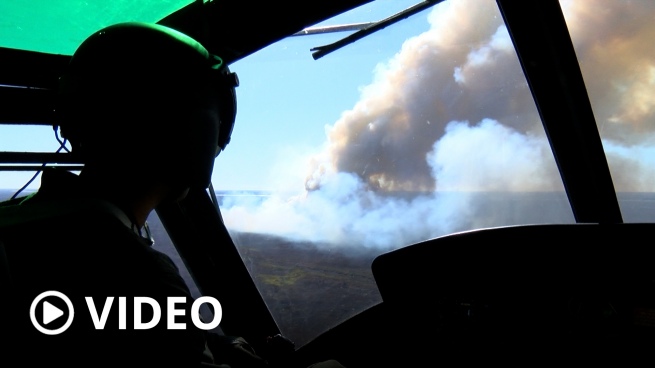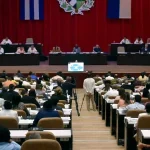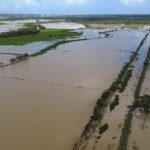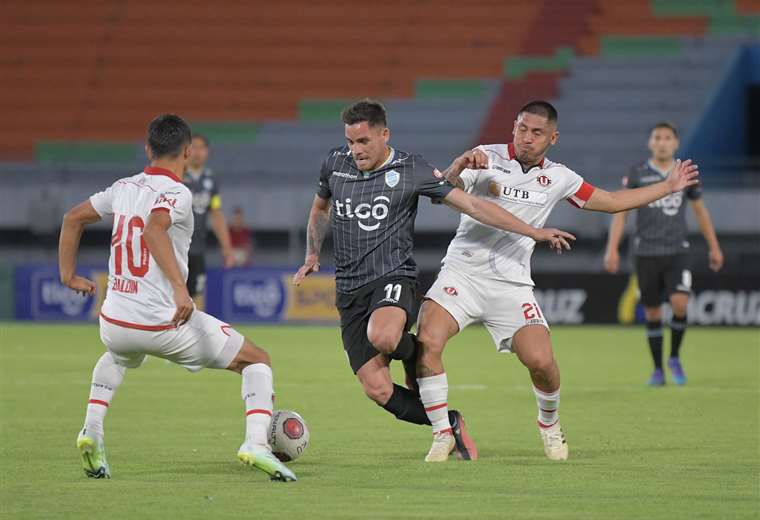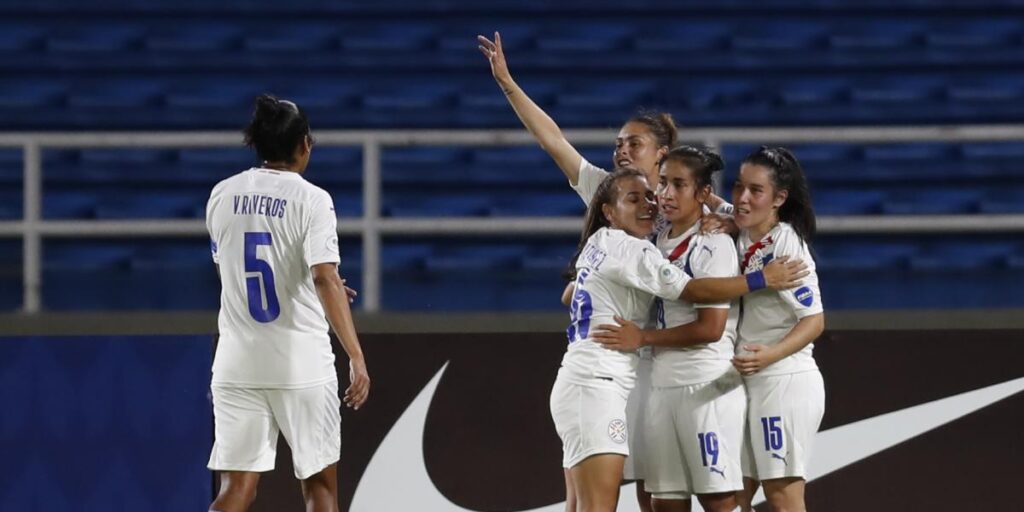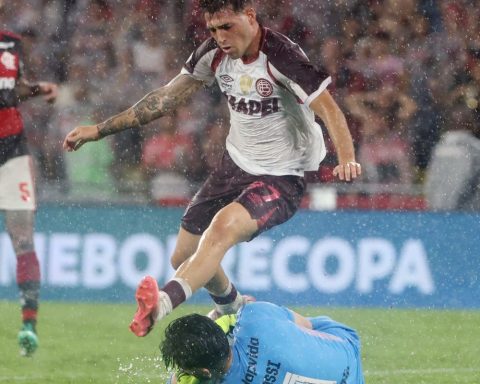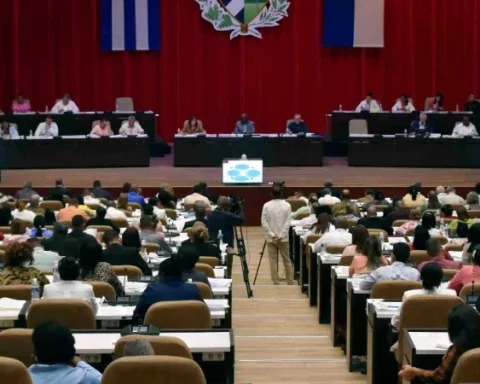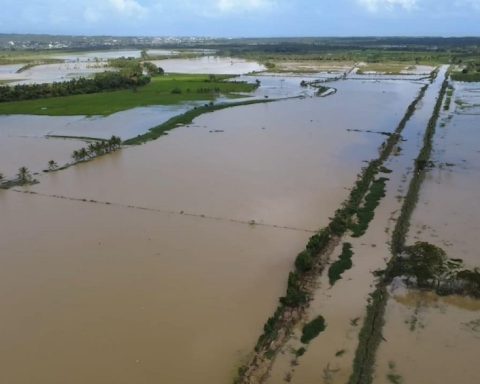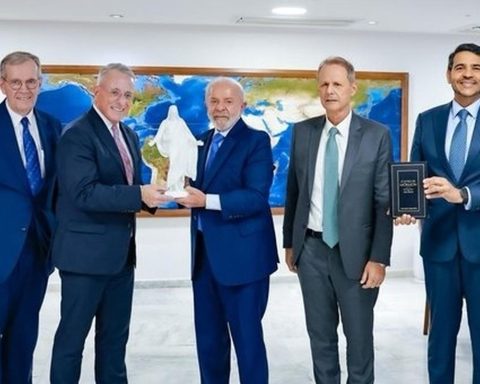Forest fires in the islands of the delta of the Paraná River, Entre Ríos, Santa Fe and Buenos Aires.
WATCH VIDEO
Smoke, the smell of burning, ashes, winds, heat, unstable paths of plants with thorns and grasslands make up the shocking scenario in which the high-altitude brigade members fight the forest fires of the Parana Delta Islands.
“Command, command”, is heard through a handy at the aero club in the Buenos Aires town of San Pedro. Is that the brigade of forest combatants of the Province of Buenos Aires (PBA), awaits to be transferred by two helicopters to the Paraná Delta Islands to continue with the tasks aimed at shutting down the forest fires that are spreading in the province of Buenos Aires, Santa Fe and Entre Ríos.
Personnel from Entre Ríos, the Buenos Aires police, the federal police, members of the National Parks and brigade members of the National Fire Management Service (SNMF), who They add up to around 115 people installed 10 days ago in the San Pedro camp.
“We maintain an average of 10 aircraft, 3 fire hydrants, 5 helicopters for deployment of personnel and the helicopter from Buenos Aires that assists us in emergencies, and we deal with the three provinces together,” he explained. Florencia Tuñón, coordinator of the Pampean Region of the SNMF.
Tuñón insisted that justice has to act on those responsible for the unauthorized or controlled burning, which are the ones that later become a forest fire.
At 300 meters high, in a Bell 407 GXP helicopter, a Télam team flew over the area affected accompanied by Diego Vargas from SNMF and Luciano Machado, Head of the Fire, Communications and Emergencies Division at the National Parks Administration (PNA).
From the height you can see the smoke and the fire that plagues the grasslands, among the smell of burning.
Once the landing near Ibicuy, in the province of Entre Ríos, the head of the PBA brigades, Gonzalo Linde, jump to the ground; commissioners Pablo Polarolo and Lautaro Lequio and their crews in the work camp.
The haystacks, reeds, plants with branches and thorns make the terrain inhospitable, where “you get cramps, you bury yourself or a branch can enter your eye” assured the brigade members.
If the helicopter has a viable landing ground, the brigade members stay close to the fire, but sometimes they have had to walk two or three kilometers.
In areas of low vegetation, they are in combat with the flames at a distance of one meter.
Polarolo, mentioned that the three factors that affect a forest fire are the vegetable fuel, topography, that is, the type of terrain; and the meteorology, which is temperature, humidity and wind.
Thus, the most critical moment of a fire it always happens around two in the afternoon by wind, humidity and temperature conditions.
“The Delta Islands have a large subterranean vegetable fuel, that is, from the ground level downwards there are roots or sediments that remain hot,” explained Lequio.
The red and yellow helmets identify the brigade leader, the red with white the crew leader and the yellow one the combatant.

Each brigade member carries a combat backpack with gloves, machete to cut tall grasses, file to sharpen tools, rake, pick, tape, first aid kit, goggles, water, change of clothes, (especially socks in case they enter a wetland) and supplies such as tuna, seeds, fruit or cereal bars, and water.
“We carry basic things like rope, whistle, knife, compass, GPS, spare battery for the communication equipment and we add what each one considers, I carry extra laces because they can burn you and tape because a colleague got burned the sole of the sheepskin on the hot ground,” commented Lequio.
Meanwhile, they noted that the work is in team, and “no one cuts alone”.
“You can go back and forth as long as you don’t lose line of sight, beyond having communication we orient ourselves with a whistleLequio pointed out.
Walter Godoy takes the place of observer. By means of a telescope, he observes the behavior of the fire and if any ash (spark from the fire) crosses the firebreak line to start the fire on the other side.
That is why, in addition, the brigade members always define an evacuation zone and corridor.
“We are not exempt from something happening to us. We have personnel who are working on Delta fires for the first time, so we are mixing them with people with 29 years of service,” Lequio said.

“The advance of the fire can be seconds. Forest fires are the ones that take the most firefighter deaths, that’s why security measures are so important,” Linde reinforced.
Regarding the day’s work in the field, Lequio mentioned that it operates “from light to light”.
“At night we try not to work, unless it is a situation that could affect a home, because in addition to the inhospitable terrain there are animals that have nocturnal habits, so you have a higher risk,” he said.
In this same line, already from the camp, Karen Quiroga, from the national brigade The center made sure that at 8 in the morning they arrive at the aerodrome, and that between 6 and 7 p.m. they return to the camp, where all the brigades sleep in a campsite.
“You call your house and you tell the situation but those who do not live it do not feel it,” he reinforced.
